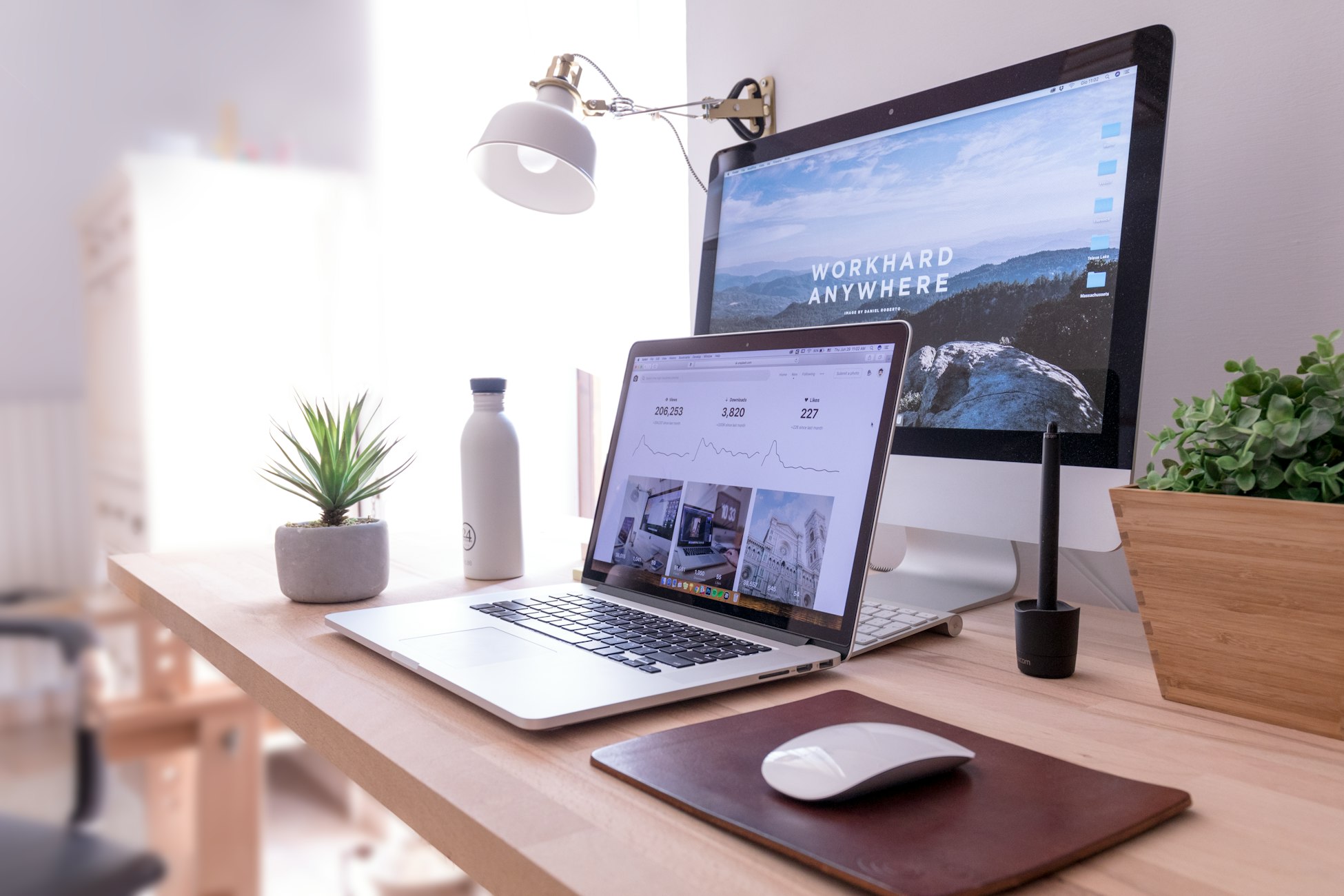How to Optimise Your PC for Maximum Speed and Efficiency


Welcome to our comprehensive guide on how to optimise your PC for maximum speed and efficiency. In today's fast-paced digital world, having a computer that runs smoothly and efficiently is essential for productivity and overall user experience. Whether you're a professional or a casual user, these computer performance tips will help you improve your PC speed and optimise your computer to boost performance.
1. **Regular Maintenance:** One of the most crucial steps in optimising your PC is regular maintenance. This includes cleaning up temporary files, uninstalling unnecessary programs, and updating software. By keeping your system clean and up-to-date, you can enhance system performance and ensure that your PC runs smoothly.
2. **Disk Cleanup:** Over time, your computer's hard drive can get cluttered with temporary files, cache, and other unnecessary data. Performing a disk cleanup can help free up space and improve your system's overall speed and performance. Simply use the built-in Disk Cleanup tool in Windows to remove temporary files and optimise storage.
3. **Optimise Startup Programs:** Many programs are set to launch automatically when you start your computer. This can slow down your system's startup time and reduce overall performance. Disable unnecessary startup programs to speed up boot time and optimise your PC for faster performance.
4. **Upgrade Hardware:** If your computer is still running slow despite following the above steps, it may be time to upgrade your hardware. Adding more RAM, upgrading to a solid-state drive (SSD), or replacing an old processor can significantly increase your computer speed and overall performance.
5. **Update Drivers:** Outdated or corrupt drivers can cause performance issues and slow down your PC. Make sure to regularly update your drivers to ensure that your hardware components work efficiently and effectively. You can either update drivers manually or use driver update software for convenience.
6. **Optimise Power Settings:** Adjusting your power settings can also help improve your PC's performance. By selecting a high-performance power plan, you can ensure that your computer runs at its optimal speed and efficiency, especially when performing demanding tasks.
7. **Remove Bloatware:** Many new computers come pre-installed with bloatware - unnecessary software that can hog system resources and slow down performance. Remove bloatware programs to free up space and enhance your system's speed and responsiveness.
8. **Regularly Defragment Hard Drive:** Defragmenting your hard drive can help improve file access speed and overall system performance. Windows has a built-in defragmentation tool that you can use to rearrange fragmented data on your hard drive for faster access.
9. **Enable Hardware Acceleration:** Enabling hardware acceleration in software applications can offload tasks to your computer's hardware components, such as GPU. This can improve performance in graphic-intensive tasks and boost overall system speed.
10. **Monitor System Performance:** Keep an eye on your system's performance using built-in tools like Task Manager in Windows. Monitor CPU, memory, disk, and network usage to identify any performance bottlenecks and take necessary actions to optimise your PC.
By following these tips and best practices, you can optimise your PC for maximum speed and efficiency. Whether you're looking to boost your laptop's performance or enhance your desktop computer, these faster computer tips will help you achieve a smoother and more efficient computing experience. Implement these computer cleanup guide and increase your computer speed today!